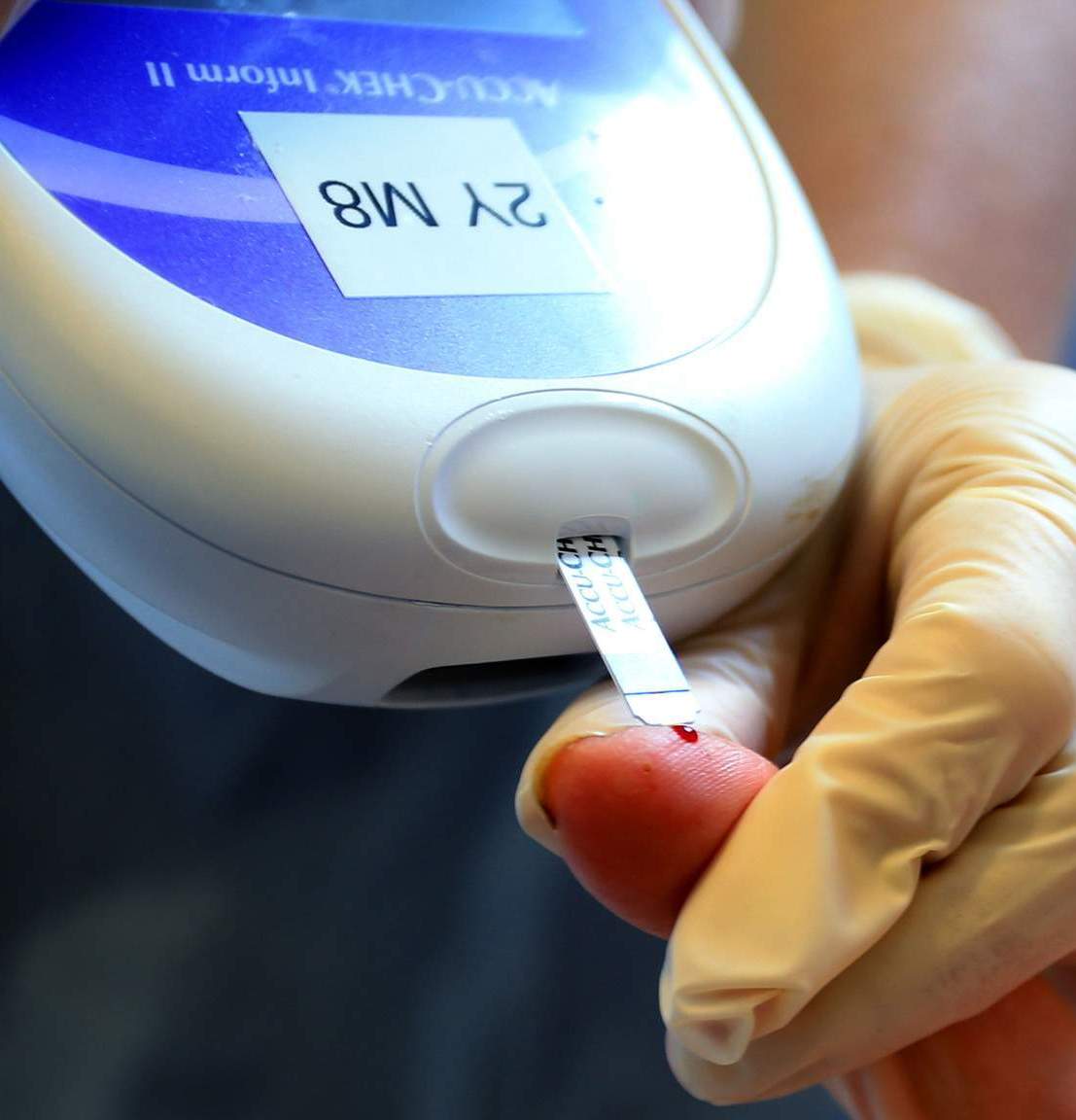Diabetes cure moves closer as scientists halt condition for six months
Scientists are hoping a cure for Type 1 diabetes is getting closer after they managed to halt the condition for six months in an experiment involving insulin-producing cells. A team of experts from hospitals and institutions in the US, including Harvard University, have succeeded in transplanting cells into mice which immediately began producing insulin. Within the experiment, the team showed they had found a way to prevent the body’s own immune system from knocking out the cells, meaning they continued to be effective.
Encapsulation therapies have the potential to be groundbreaking for people with Type 1 diabetes.
JDRF’s vice president of discovery research, Julia Greenstein
They are now looking to try out the work on people suffering from the illness. The findings follow on from news revealed at the end of 2014 that experts had found a way to make huge quantities of insulin-producing cells. The man who was behind that breakthrough - Professor Doug Melton from Harvard - has been trying to find a cure for the disease since his son Sam was diagnosed with it as a baby. The professor also worked on the new studies. Anna Morris, interim director of research at the charity Diabetes UK, said: “Transplanting insulin-producing islet cells into a person with Type 1 diabetes is a life-changing treatment for some, but transplant rejection is still a challenge.”

diabetes